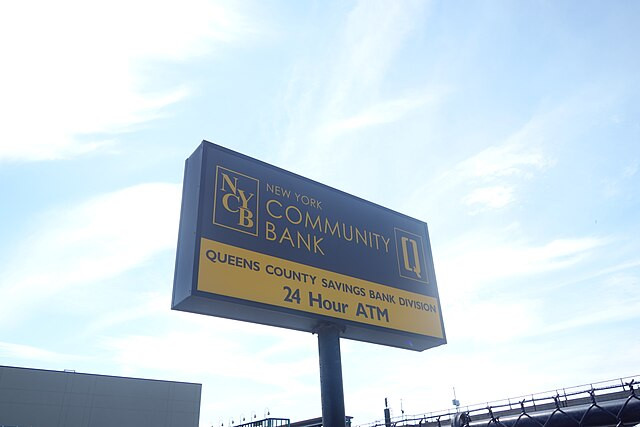NYCB's stock experienced a significant decline, dropping 22.2% to $4.20, marking a new closing low since 1997. Since revealing unexpected losses on January 31, NYCB has seen its stock value decrease by nearly 60%, erasing approximately $4 billion in market value.
Other regional banks such as Western Alliance and Valley National also saw their stock prices fall. Last week, it was noted that many small to mid-sized banks with substantial exposure to commercial real estate risks had set aside considerable provisions, including Japan's Aozora Bank and Deutsche Bank.
Wall Street analysts believe that many other regional banks might need to set aside more provisions this year to cover potential future losses in commercial real estate, which would, in turn, result in lower profits.
Morgan Stanley regional bank analyst Manan Gosalia stated in a research report on Friday that the consensus on provision expenses for 2024 is too low for nearly all banks covered.
Regulatory Pressures and the Uncertainty Ahead
There is an additional layer of concern regarding whether regulatory authorities will force banks to set aside more funds to deal with the crisis.
Previously, it was mentioned on Business Times that the Office of the Comptroller of the Currency (OCC) pressured New York Community Bank to increase its provisions and cut dividends to guard against potential nonperforming commercial real estate loans.
Analyst David Chiaverini, who has been bearish on NYCB, mentioned that regulatory authorities are inquiring about banks' commercial portfolios and are concerned that higher commercial real estate risks might lead to banks being "blacklisted" by investors.
Chiaverini highlighted in a report that it was frustrating that NYCB and other banks with such risks knew months ago that the OCC had begun requiring banks to increase capital and loan loss reserves to address risks.
Chiaverini explained the concern stems from the potential for a significant drop in the valuation of some commercial real estate in the $20 trillion market, which could lead to a surge in default rates in 2024.
Yellen: Commercial Real Estate Crisis is Manageable
Amid these worries, the U.S. government has offered some reassurance.
During a congressional hearing on Tuesday, U.S. Treasury Secretary Janet Yellen told lawmakers that although the losses in commercial real estate are concerning, U.S. regulators are working closely with banks to ensure that "loan loss provisions are sufficient to cover losses" and "dividend policies are manageable."
Yellen acknowledged the stress on property owners due to rising interest rates and vacancies caused by the popularity of remote work, as well as a wave of commercial real estate loans maturing this year. She expressed concern but believes the situation is manageable, though some institutions will face significant pressure due to this issue.
However, Yellen declined to comment on NYCB specifically, stating she doesn't want to comment on individual banks' situations, but "I would work with the banking supervisors to make sure that we addressed anything that looked like it could create systemic risk."
Chiaverini pointed out that NYCB's situation is unique due to its portfolio's greater risk and significantly insufficient reserves. NYCB's loan loss provisions for the fourth quarter amounted to $552 million, far exceeding market expectations and the previous quarter's $62 million.
Chiaverini suggested that a "perfect storm" could still pose problems for other sectors of the industry-if inflation rebounds, forcing the Federal Reserve to maintain higher interest rates for an extended period, leading to a recession and potential loan defaults.
However, he added that if such scenarios do not materialize, the pain in commercial real estate should be "manageable" for banks.






